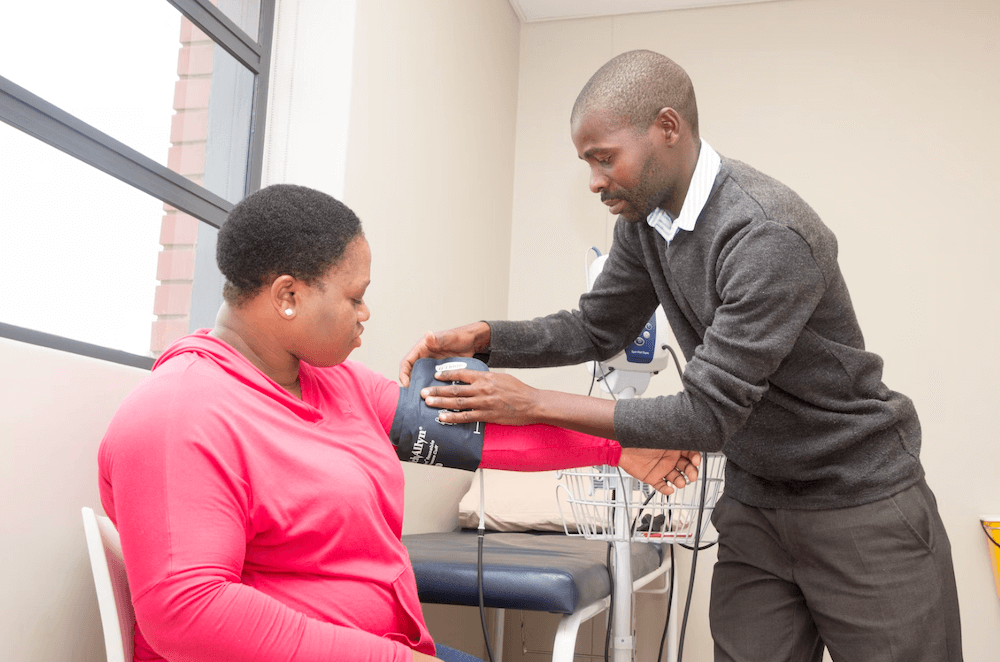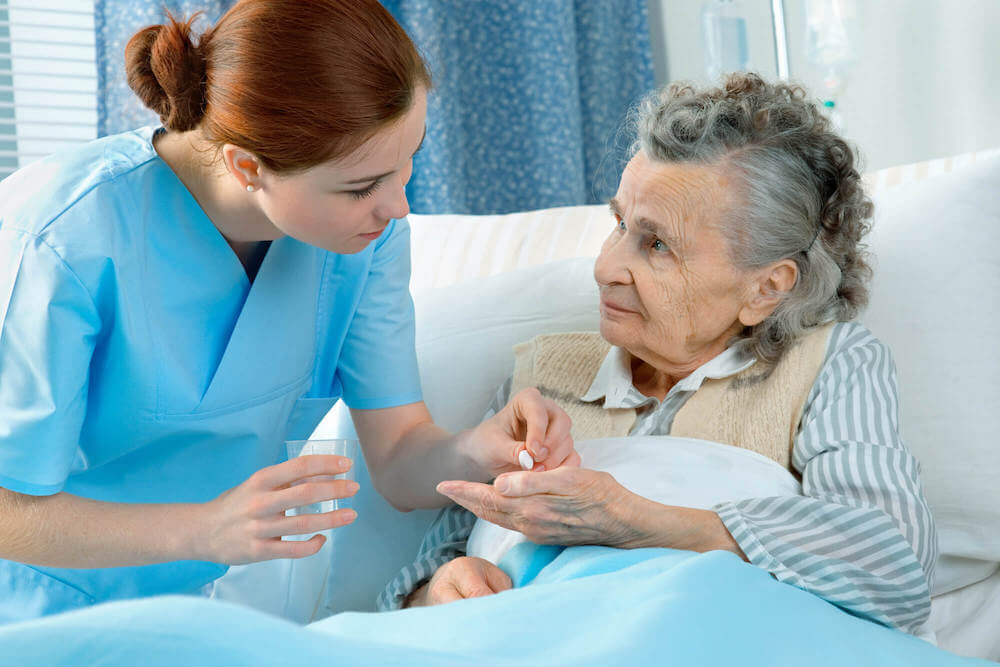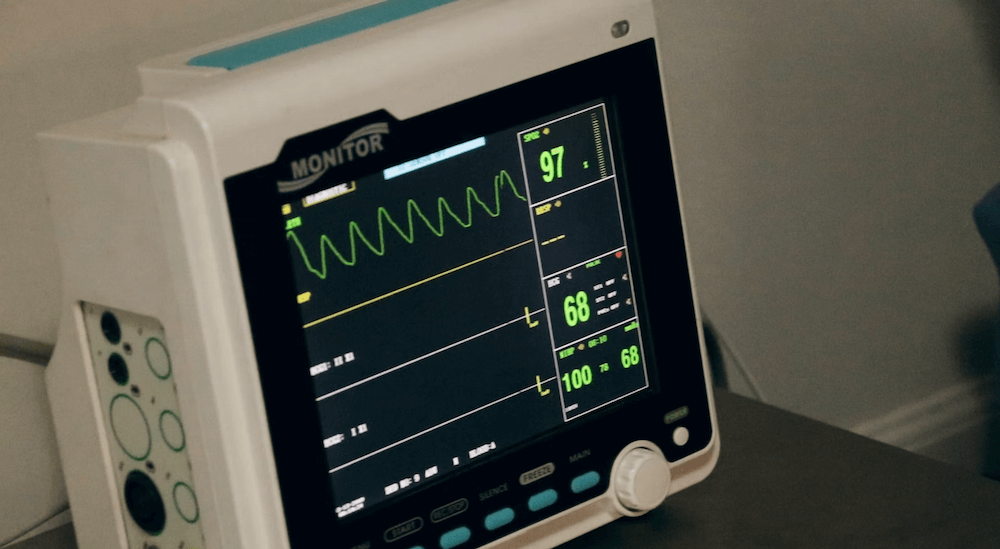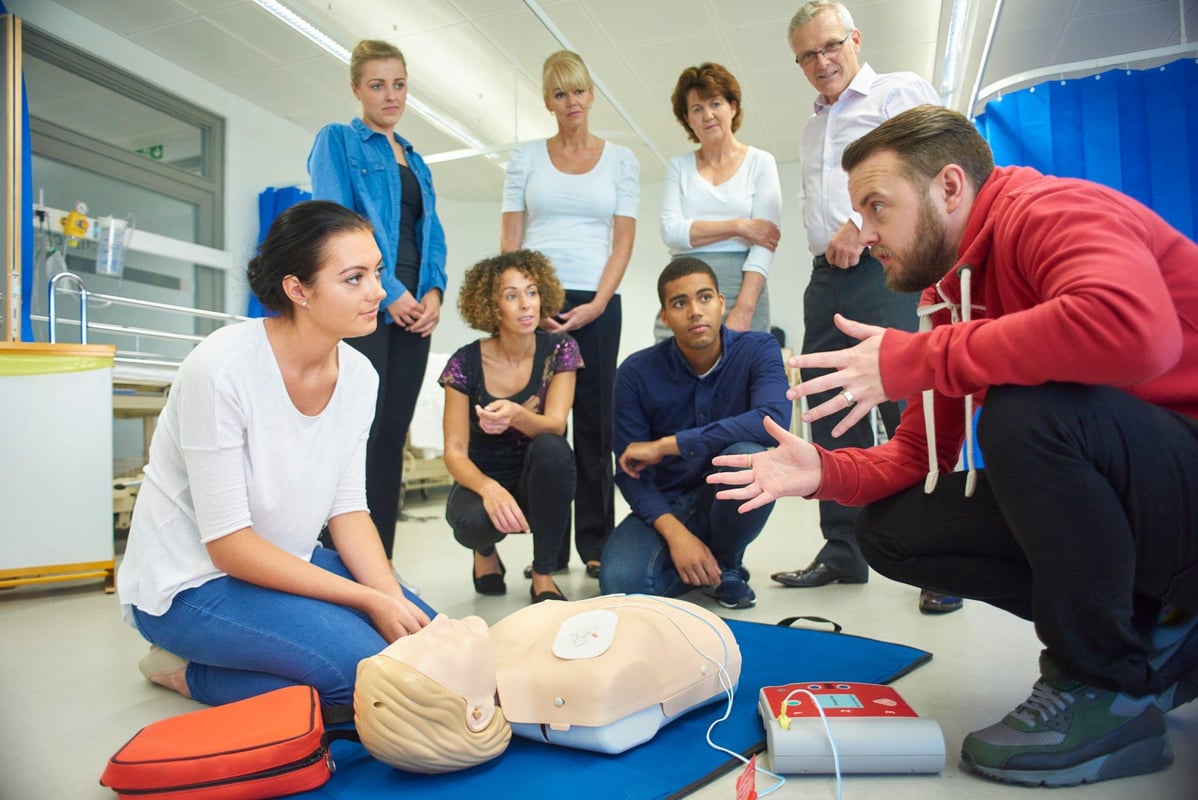CNA Nursing School of Calhoun

Classes from CNANursingSchool
In person Medical Assistant Classes

Medical Assistant Program The Medical Assistant program at CNA Nursing School Of Calhoun is designed to equip students with essential skills for a thriving career in healthcare. This program prepares individuals to become versatile healthcare professionals capable of performing both administrative and clinical tasks, contributing significantly to patient care and efficient medical office operations. With a focus on practical application and foundational knowledge, graduates will be ready to enter the medical field with confidence.
Program Details:
- Cost: 600 USD
- Duration: Unknown
- Schedule: Unknown
- Prerequisites: high school diploma or ged, cpr with american heart association, certified nursing assistant, phlebotomy, ekg/ecg, advance nursing skills
- Accreditations: Unknown
- Career Outcomes: Unknown
Certified Nursing Assistant

Nursing aides, sometimes called nursing attendants or nursing assistants, provide basic care and help with basic living activities. They typically do the following: Clean and bathe patients or residents, Help patients use the toilet and dress, Turn, reposition, and transfer patients between beds and wheelchairs, Listen to and record patients’ health concerns and report that information to nurses, Measure patients’ vital signs, such as blood pressure and temperature, Serve meals and help patients eat.
Certified Nursing Assistant

Nursing aides, sometimes called nursing attendants or nursing assistants, provide basic care and help with basic living activities. They typically do the following: Clean and bathe patients or residents, Help patients use the toilet and dress, Turn, reposition, and transfer patients between beds and wheelchairs, Listen to and record patients’ health concerns and report that information to nurses, Measure patients’ vital signs, such as blood pressure and temperature, Serve meals and help patients eat.
Certified Nursing Assistant

Nursing aides, sometimes called nursing attendants or nursing assistants, provide basic care and help with basic living activities. They typically do the following: Clean and bathe patients or residents, Help patients use the toilet and dress, Turn, reposition, and transfer patients between beds and wheelchairs, Listen to and record patients’ health concerns and report that information to nurses, Measure patients’ vital signs, such as blood pressure and temperature, Serve meals and help patients eat.
In person Phlebotomy Classes

Phlebotomy Technician Program at CNA Nursing School Of Calhoun
Embark on a fast and affordable path to a rewarding healthcare career with the Phlebotomy Technician program at CNA Nursing School Of Calhoun. This program is meticulously designed to equip you with essential practical skills in blood collection and laboratory procedures, ensuring you are prepared to quickly enter the workforce in North Georgia and surrounding areas. Benefit from accessible in-person training, a transparent tuition cost, and accreditation by the American Heart Association, setting you up for success in a vital healthcare role.
Program Details:
- Cost: $900 tuition
- Duration: 36 hours (total class, lab, and clinical time)
- Schedule: In-person training with class, lab, and clinical time; specific timing not provided but designed for quick entry into the workforce.
- Prerequisites: Likely High School Diploma or GED and CPR certification.
- Accreditations: American Heart Association
- Career Outcomes: Prepares students for a rewarding career in healthcare, specifically in blood collection and laboratory procedures. (Specific employment rates or job titles not provided in data.)
In person Medication Aide Classes

A Certified Medication Aide is an unlicensed person who is qualified to administer certain medications in assisted living communities and nursing homes as permitted by Georgia law, O.C.G.A. §31-7-12.2 and O.C.G.A. § 31-2-5 and O.C.G.A. § 31-2-7. The Certified Medication Aide registry is operated by the Alliant Health Solutions on behalf of the Department of Community Health (DCH).
In person Electrocardiogram (ECG/EKG) Classes

The EKG/ECG (Electrocardiogram) course prepares the student to perform and interpret basic EKG readings. Students will learn to measure the electrical activity of arterial and ventricular cells as specific waveforms and complexes. Students will be able to perform Electrocardiograph tracings of the heart in an effort to assist with the diagnosis of patients with heart disease. Students learn the fundamental principles of Physiology and EKG/ECG testing and interpretation.
Students will qualify and be prepared for entry-level positions. The student will have an accurate understanding of HIPAA laws, medical terminology, nursing procedures, infection control, medical documentation, and career development.
This course prepares the student to be an effective member of the health care team and includes patient care techniques, universal precautions, and communication skills. It concludes with an externship in a medical facility.
In person First Aide/CPR Training certification

After only seconds of a person being unable to breathe, irreversible brain damage begins, gradually progressing, and unless someone acts, life could end. It doesn’t take a Doctor to step up to the plate; anyone can help if they know what to do.
There are many benefits to knowing CPR and First Aid. As far as careers go, there will always be a job available, either teaching classes for CPR and First Aid or in public services, such as a paramedic.
About school
Cna Nursing School Of Calhoun
Cna Nursing School Of Calhoun, headquartered in Calhoun, Georgia, US, is a healthcare education provider specializing in CNA and allied health technician training. The school offers programs in Phlebotomy, Health Care Technician, Certified Nursing Assistant, and ECG/EKG Technician, with a focus on affordability and speed. Their teaching approach emphasizes practical career preparation, designed to be accessible and efficient, helping students quickly enter the workforce in North Georgia and surrounding areas. The Phlebotomy program, for instance, includes class, lab, and clinical time, preparing students with practical skills in blood collection and laboratory procedures.
Highlights:
- Offers some of the fastest and most affordable healthcare training programs in the North Georgia area
- Phlebotomy training program tuition is $900
- Phlebotomy training program is in-person
- Phlebotomy training program has a total duration of 36 hours
- Accreditation by the American Heart Association
In the Calhoun, GA area
135 Professional Court, Calhoun, GA 30701